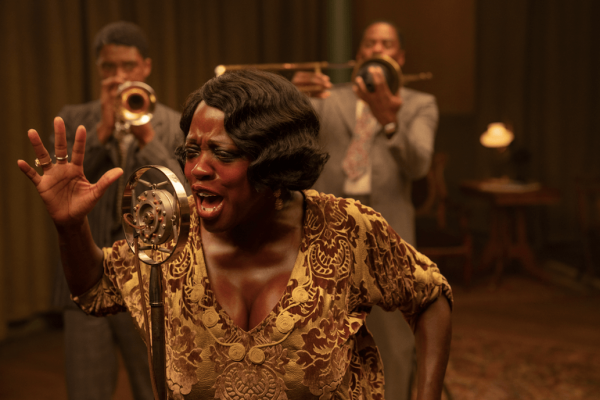Dec 16, 2020
When I sat down to watch Netflix’s film adaptation of August Wilson’s play Ma Rainey’s Black Bottom, I was hoping to be uplifted by the Black excellence I was sure to find in a film helmed by Viola Davis and the late Chadwick Boseman. I was ready to exhale and escape. But while the anticipated excellence exceeded my high expectations, it didn’t take me long to realize that the uplift I’d hoped for would not be found in this story: Ma Rainey’s Black Bottom is a tragedy.
Read the Full Article

Already a subscriber? Login
